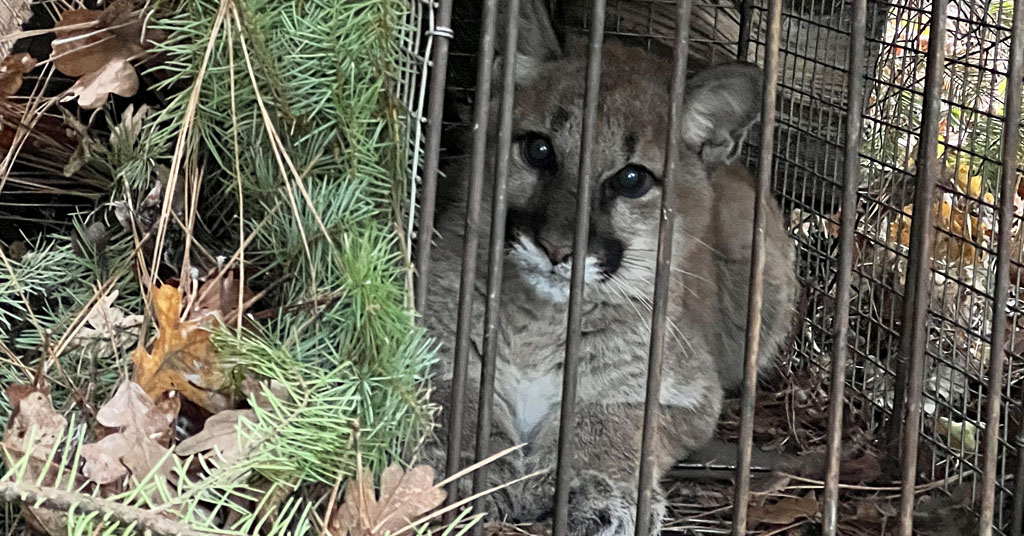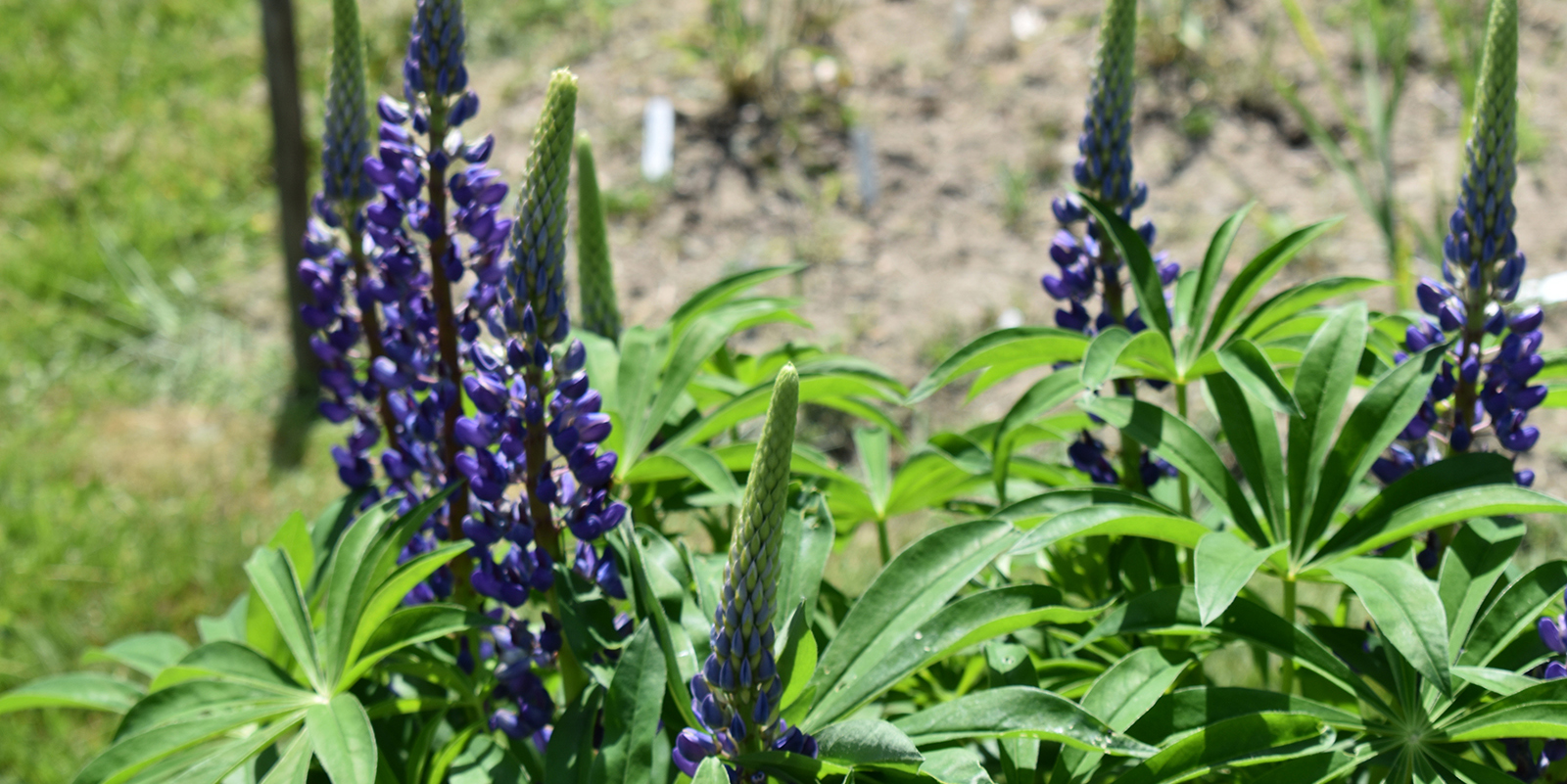Wild Turkeys Expand Range; Crossbow Hunting Sought
March 29, 2017
Wild turkeys can be found just about anywhere these days. Since the 1980s, these short-distance flyers have migrated from rural western Rhode Island to urban and suburban neighborhoods, where they dine from bird feeders and on handouts from humans.
“They get used to being fed by people, and they don’t fear people and then they don’t leave,” said Josh Beuth, wildlife biologist and head of the turkey program at the Rhode Island Department of Environmental Management (DEM).
Many of these well-fed birds feel comfortable around humans, as they roam backyards in Barrington and parking lots on Reservoir Avenue in Cranston.
Despite regular sightings, the number of wild turkeys in Rhode Island has fallen from its peak of about 6,000 in 2001 to some 3,000 today. Beuth said the drop-off isn’t likely due to hunting or development but an influx of predators such as coyotes, foxes and hawks that eat turkey chicks, called poults.
Eastern wild turkeys were reintroduced to Exeter in the early 1980s, as part of a DEM swap with Pennsylvania for snowshoe hare rabbits. Their numbers increased steadily as they discovered new territory with few predators. Predators, though, soon followed, so turkeys migrated to eastern Rhode Island. Today, wild turkeys can be found across the state, except on Block Island and Prudence Island. Tiverton currently has the highest wild turkey population, according to surveys and public sightings.
Hunters now want to expand turkey hunting to include crossbows. Currently, seasonal hunting is allowed with a shotgun or bow and arrow. For the second year, a bill was introduced in the General Assembly to allow hunting by crossbow. The bill changes state hunting laws to allow hunting of wild birds with a crossbow. If passed, the law would amend state hunting regulations to designate wild turkeys as the only wild bird to be hunted by crossbow.
Hunting-safety instructor Jack Peters of Riverside noted that crossbows are safer than shotguns, because they require less space than a firearm requires for discharging. Crossbows also allow elderly and disabled hunters greater access to hunting, he said.
“The crossbow is the ideal device for harvesting a turkey,” Peters said.
Despite the state’s reduced turkey population, Beuth said the turkey broods are healthy and could withstand a loss of 200 birds in each of the two annual hunting seasons. Currently, only mature male turkeys can be hunted. In 2016, 122 turkeys were taken by hunters in Rhode Island.
New Hampshire is the only state in New England that allows wild turkey hunting by crossbow. Peters said crossbow hunting of turkey would draw more hunters, just as it did with deer hunting. Deer hunting with crossbows was approved four years ago to cull populations and curb the transmission of Lyme disease. While turkeys feed on some insects, but research is not conclusive that they eat Lyme-carrying ticks.
Peters said proceeds from hunting licenses support buying and protecting wildlife habitat. Hunting also brings in hundreds of million of dollars to the local economy, he said.
“A lot of people have become frustrated in the last few years because they can hunt deer with a crossbow but not turkey,” Peters said.




"Deer hunting with crossbows was approved four years ago to cull populations and curb the transmission of Lyme disease."
Legislators can believe what they want to believe so that their constituents can hunt more deer, but the real reservoir of deer ticks in Rhode Island is field mice. If you want to reduce your neighborhood’s local supply of Lyme Disease ticks, you’re probably better off putting up an owl birdhouse sized for small, rodent-eating owls.
If there are 3,000 wild turkeys in the state, there must be 1% of them in the Shady Harbor neighborhood in Charlestown, in what looks like two families. I always enjoy watching them walk through my summer home yard in the early mornings scavenging seeds from the ground around our bird feeders. They do a pretty good job cleaning up the place.
"Hunting also brings in hundreds of million of dollars to the local economy…"
Huh?
What kind of cruel you-know-what hunts? I’m sorry, but no self-respecting environmentalist or ecologist should be promoting animal agriculture, hunting, or any other form of animal use institution.
Animal exploitation is the main reason we are in the climate crisis we are in, but that’s not even the main reason we shouldn’t be engaging in it. It’s just flat out immoral and perverse.